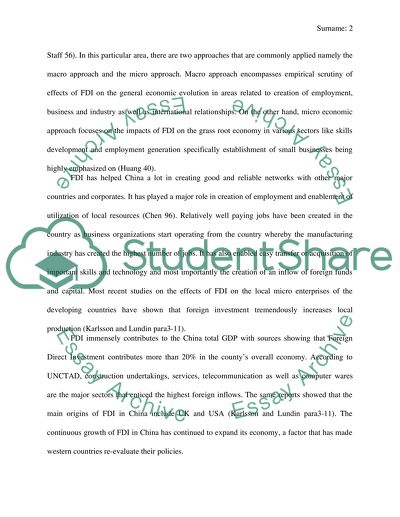Cite this document
(“The implication of Foreign Direct Investments (FDIs) in China's Essay”, n.d.)
The implication of Foreign Direct Investments (FDIs) in China's Essay. Retrieved from https://studentshare.org/macro-microeconomics/1652333-the-implication-of-foreign-direct-investments-fdis-in-chinas-economy
The implication of Foreign Direct Investments (FDIs) in China's Essay. Retrieved from https://studentshare.org/macro-microeconomics/1652333-the-implication-of-foreign-direct-investments-fdis-in-chinas-economy
(The Implication of Foreign Direct Investments (FDIs) in China'S Essay)
The Implication of Foreign Direct Investments (FDIs) in China'S Essay. https://studentshare.org/macro-microeconomics/1652333-the-implication-of-foreign-direct-investments-fdis-in-chinas-economy.
The Implication of Foreign Direct Investments (FDIs) in China'S Essay. https://studentshare.org/macro-microeconomics/1652333-the-implication-of-foreign-direct-investments-fdis-in-chinas-economy.
“The Implication of Foreign Direct Investments (FDIs) in China'S Essay”, n.d. https://studentshare.org/macro-microeconomics/1652333-the-implication-of-foreign-direct-investments-fdis-in-chinas-economy.


